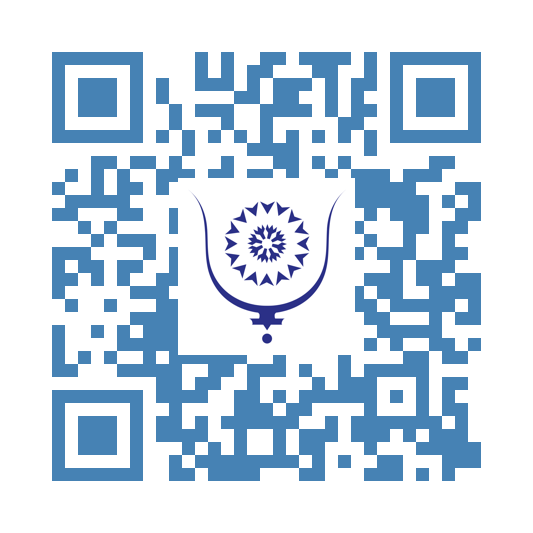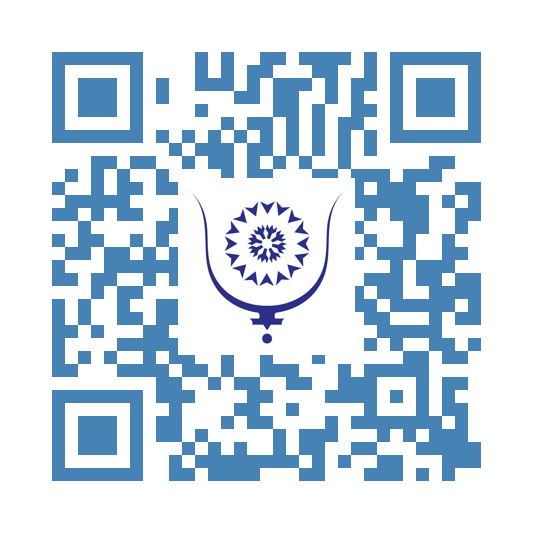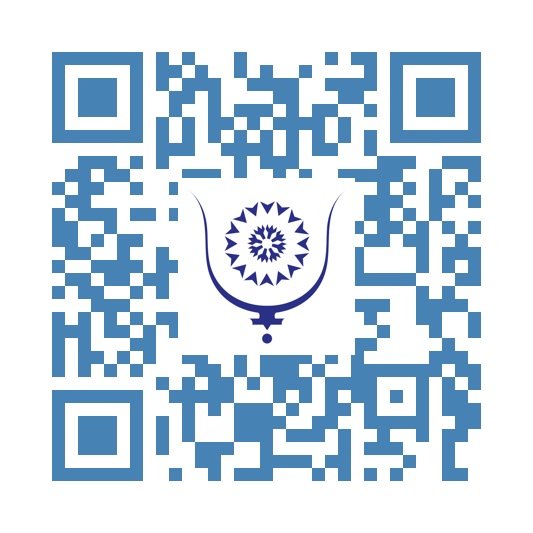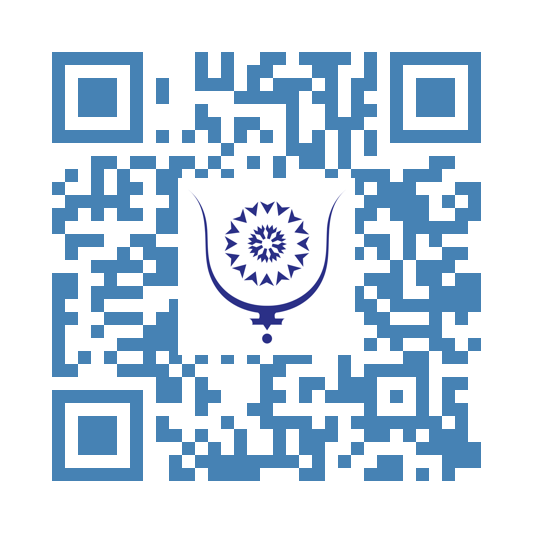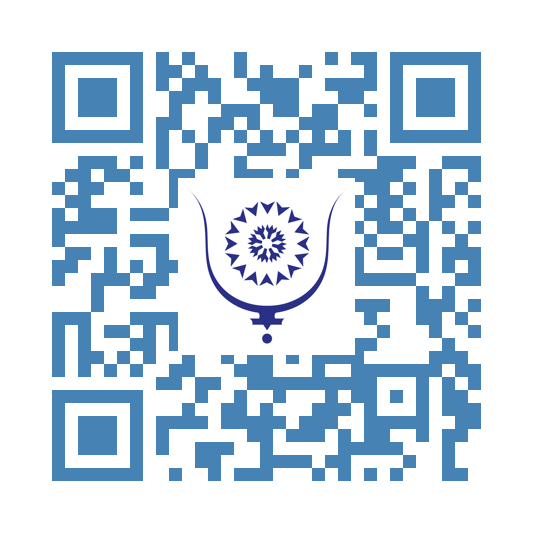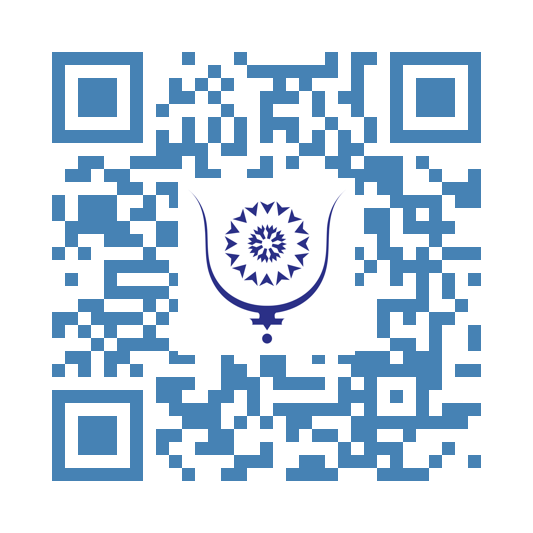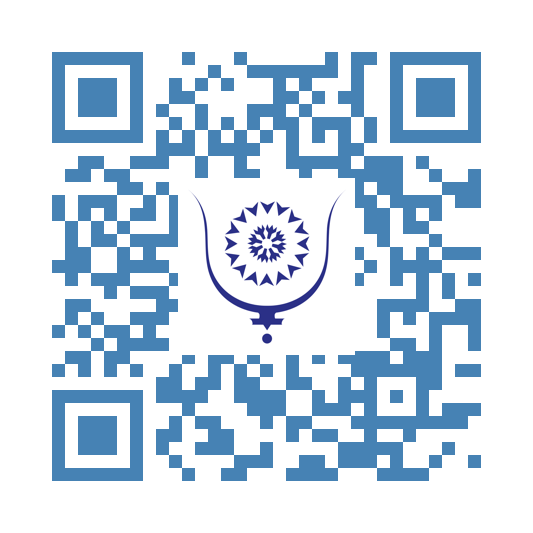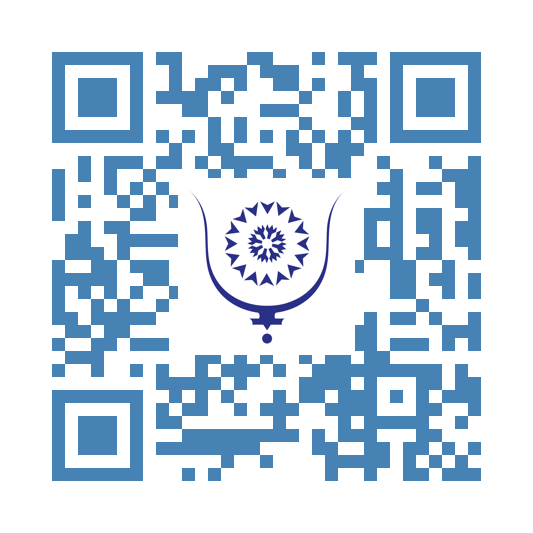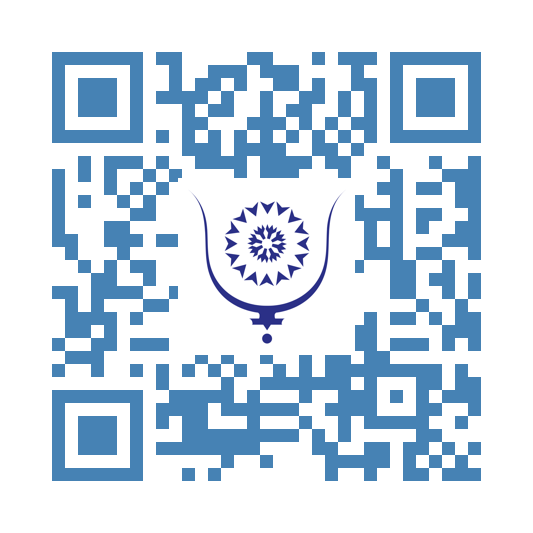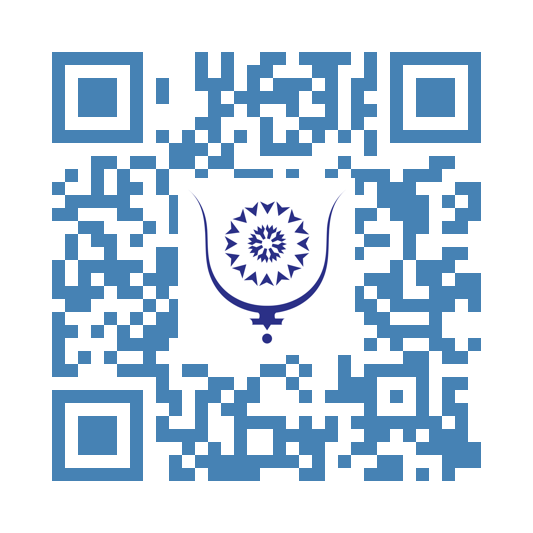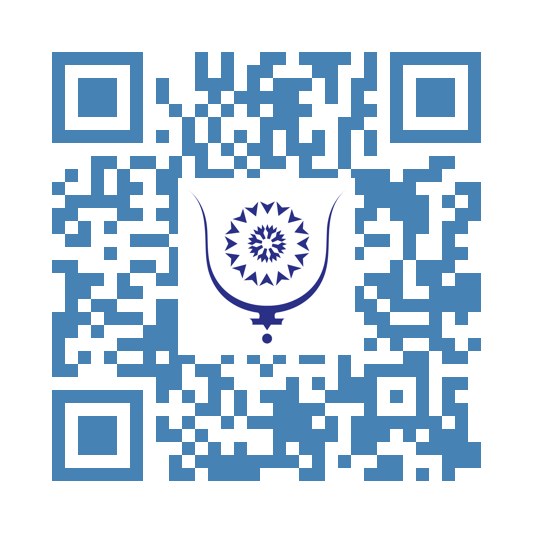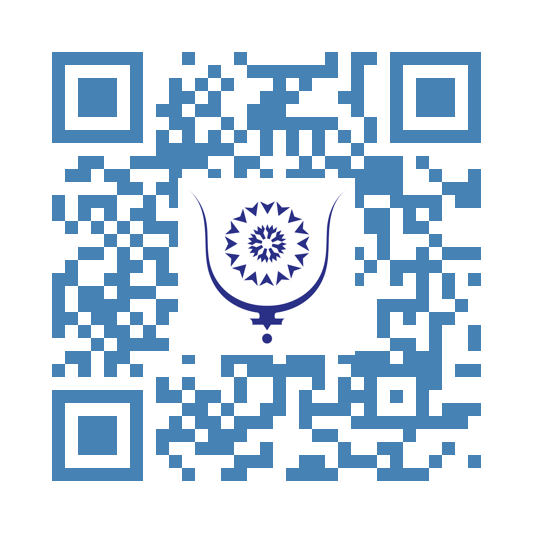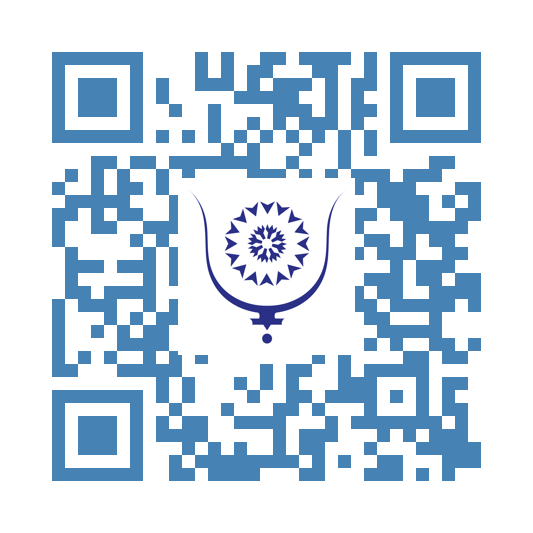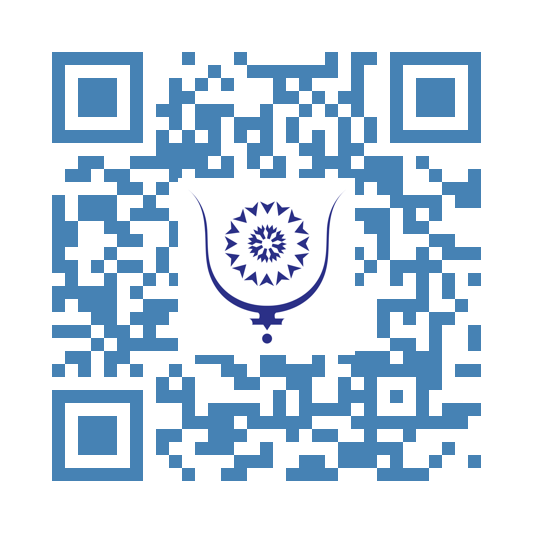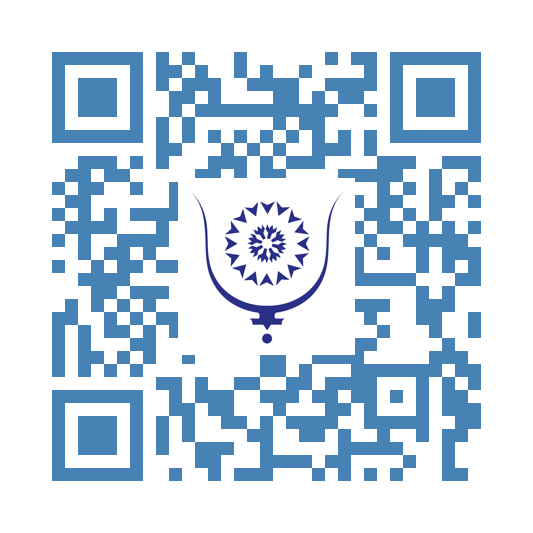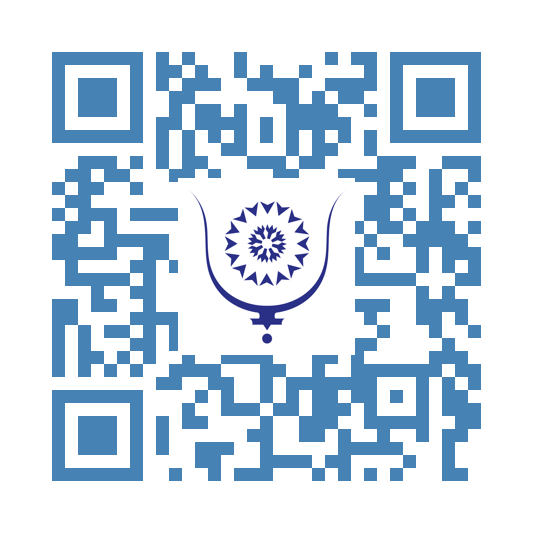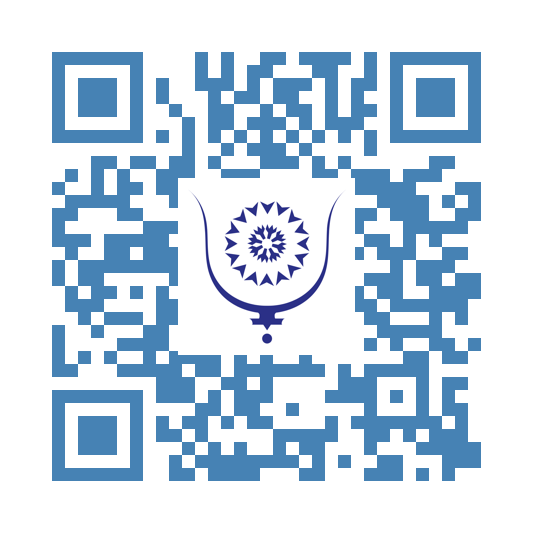Melusine - Part 1
6611
The sun, that day, had forgotten to set.
As he was reclining on a curvy and narrow chaise longue, Sebastian Byrne looked at the slant rays glimmering through the yellowing leaves on the lowest branches of the elms. Their brass-trimmed green lace ebbed and flowed as the wind blew away the last minutes of the golden hour. Sebastian brought the quilt closer to his neck.
He sighed, scattering some crumbs around for the birds; but that evening none dared to fly by. Maybe Nathan had lost track of time on his way to the post office and back, and would not come, as he promised, before dusk. They had always watched the sun set together. They did so for the last six weeks, before Sebastian fell ill; and for the first day he could step outside, Nathan did not even bother to be on time. Undergrads will be undergrads… Sebastian was staring absentmindedly at the slow, suspended vanishing of the light when muffled footsteps echoed down the hill, along the side path that lead to the verandah.
- Sebastian!
The silvery voice rushed towards Sebastian, followed from a distance by a buoyant, youthful figure clad in light linen, waving a folded paper. The figure flew nearer, leaping, kid-like, on the smooth slope where Mrs Byrne’s garden weaved itself into a wilderness of low bushes and wild roses.
A smile flickered across Sebastian’s thin, slightly parched lips, and disappeared. He had always seen Nathan skipping and leaping around, from the day he had interviewed him as a candidate for Oxford. While most of the applicants were timidly sliming along the college’s staircases and the tutors’ questions, Nathan jumped along the steps as he did through Greek and Latin periods. A rare breed he was, that seventeen-year-old brat, in a time when undergraduate faces were drawn by sullenness and tedious ploughing.
And here he was, two years later, running back from Mrs Byrne’s country house, a letter in his hand. It was that white rectangle that chased Sebastian’s smile away. It was, doubtlessly, the answer Nathan had been expecting for weeks.
Sebastian, they wrote back!
« I know », thought Sebastian. « They wrote back and had the answer been negative, you would not have leaped so vivaciously, would you now? »
Presently Nathan threw himself on the chaise longue, which squeaked under the attack, and stuck the letter under Sebastian’s nose.
- Tolle, lege!
Sebastian’s lips quivered as he caught glimpses of the words carefully drawn in dense black ink on the white paper. The handwriting leaned gently towards the right, on even lines that left an elegant margin on each side of the silken-white paper.
Dear Sir,
I am very grateful for you reply. I have read the reference letter sent to me by Doctor Byrne with great interest and his account of your accomplishments… We are very pleased that you are able to join us in spite of the circumstances… Looking forward…
Did Madame de La S*** answer herself? Sebastian did not read any further. The thin, straight lines seemed to curl up, fading into one another, becoming barely legible. He smiled and extended his hand:
« Well done, young man. This is an unexpected step, but an expected success. And they seem quite keen. » The last paragraph was indeed pressuring. It was urgent that the position would be filled. As many other applicants had manifested interest, Nathan was expected to arrive as early as possible, or they will be forced to hire someone else. « I would need to go as early as possible, maybe the day after tomorrow », said Nathan.
It was not until then that Nathan looked at his tutor’s face. As the golden sunlight was turning to purple, he realized the sudden and deep changes the disease had impressed on Sebastian Byrne’s face, once full of strength, intelligence, and mercy. When he had first met Sebastian — then Doctor Byrne to him, Nathaniel Kiernan fell under the spell of these grey eyes, so deeply grey they sometimes seemed black. For two years, almost every day, he had sat under their keen gaze in Sebastian’s room, a shabby but spacious set that overlooked Saint Mary’s tower and the Bodleian’s dome.
Those were the days we shall remember as the last golden golden glory sining over the Spires. Not that these were better days, but this time is gone. Surely, then, tutors complained about the termly fifth)week gloom, about the food, at times too rich and at times too poor, and about the noises that the new automobiles made, covering the trodding and rattling of the carriages. Those days poured over the city one after the other, year after year. Matriculation speech faded into Christmas carols as we snuggled in library nooks during the winter; then Summer Eights dragged us out by the river, revision books in hand, then graduation ceremonies rushed upon us and after the long, and yet too short, summer vacation, Matriculation happened again, ushering in a new cohort of Freshers’ faces, at once enthusiastic and anxious, the youthful barbarians from Eton or Harrow, the models of appropriateness from hard-working grammar schools. Under the gaze of the dreaming spires, the streets teemed with laughter that rang along the chiming bells, with inebriated songs at the crack of dawn, with the joyful glee and careless wrath that came with the examinations’ results. While the colleges remained unchanged, their stones and statues clad in centuries of iteration, the young faces around made every morning new. Even Sir Rayleigh, the provost, seemed like a playful young man to Nathan the first time he met him, his eyes sparkling with cheerful wit under his wrinkled forehead and his snow-white hair.
Nathan was one of these modern foundlings, all family ties loosened by a scandalous divorce that threw the name he bore into shame, then into oblivion. Her mother at least had the decency to spare enough money for his education but just enough. Her family would refuse to do anything for a Kiernan boy. As he settled in Oxford, Nathan saw Doctor Byrne as a master more than a tutor. He was impressed by the man’s thoughtful silences as much as by his constant good spirits; he mimicked the way Byrne’s long white fingers rose in a slow arabesque before he spoke, strived to reform the sharp angles of his character to match Byrne’s composed temperance, and copied Byrne’s way of parting his hair in a falsely messy line he wore slightly askew. « Byrne has his way with the young gentlemen, the provost used to say. He talks to them like he was their father, and smiles at them like he was their sister! ».
What a difference a few months had made. Oxford, in a few days, was deserted as people ran away from a nameless disease, that seemed to appear nowhere else.
Share:
Melusine - Part 1
copy:
https://bluwr.com/p/2284457

